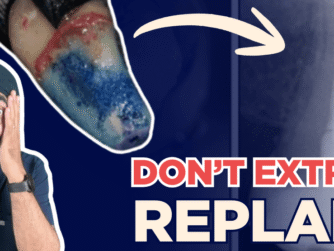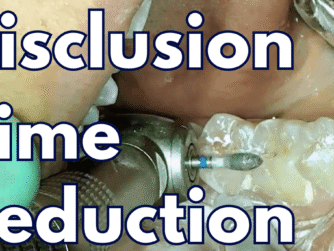Podcast: Play in new window | Download (Duration: 47:50 — 68.1MB)
Subscribe: RSS
A fun little comparison episode discussing the differences between Dentistry in the States and in the UK – in this episode I am joined by the host of Dentistry Rising podcast, Dr Bette Robin!
Dr. Bette Robin, who desired to make a massive change in her life and left clinical Dentistry some years ago and went in to Law and practice sales – she never looked back! Join us in this light hearted discussion where we chat about:
- Cultural differences in USA vs UK Dentistry – dental school, earnings, biggest barriers, treatment plans
- How the national health systems compare
- Finding different paths out of Dentistry
- How to become a better communicator
SplintCourse update: Enrolment ends on Monday 21st June! Enroll now by clicking here to join a community of Dentists around the world who want to End Splint Confusion!
If you enjoyed this episode, then do check out Dr. Bette Robin on her Dental Rising Podcast
You might also enjoy The American Dental Dream – PDP002 with Dr. Kristina Gauchan!







